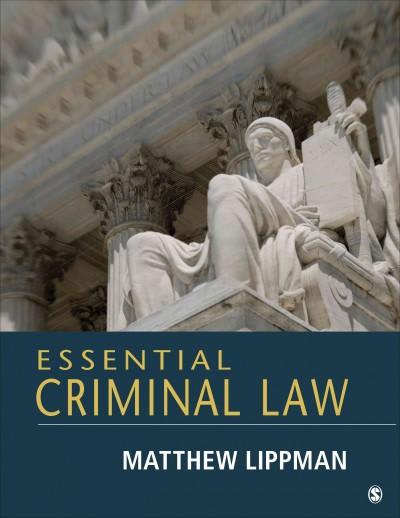Question
Keith appeared to be your typical full-time university undergraduate student entering his second year at University of Mississauga.He enrolled in a second-year course called Law
Keith appeared to be your typical full-time university undergraduate student entering his second year at University of Mississauga.He enrolled in a second-year course called "Law and Society" (LWSO) a legal survey course offered by the Faculty of Communication and Culture. The professor facilitating the course that term was Prudence Jones. By the time the mid-term results were back, several of the students in the class, including Keith, were not pleased with Professor Jones' classroom delivery or her grading.
Keith and one of his classmates decided to make a Facebook page entitled "I no longer fear death, I took a course with Prudence Jones." On the Facebook site, they created a public wall for postings about the class and the professor. Keith posted a statement as follows on the wall:
I cannot believe I got a C on my mid-term.The questions on the test had nothing to do with what we covered in class or in the homework readings.Professor Jones is inept and incompetent. How did the university ever believe that this person could teach a law and society course?If you get this professor, drop the course asap.
The public wall on the course was brought to the attention of Professor Jones by another professor in the Faculty of Communication and Culture. After seeing the postings, Professor Jones complained to Dean Homer Smith, the dean of the faculty. Dean Smith consulted the university calendar which contained a "Student Misconduct Policy" (Policy). The Policy included a section entitled "Disciplinary Action for Non-Academic Misconduct." In the definition section it stated that the term "non-academic misconduct" included conduct which causes harm to a person in the university community.
Dean Smith summoned Keith to a meeting to discuss his activities around the Facebook site. During the meeting, Dean Smith found that Keith demonstrated no remorse over what he had posted on the site. Following the meeting, Dean Smith sent Keith a letter in which Smith said that the information posted on the site by Keith called into question Professor Jones' qualifications as an instructor and alleged a lack of due diligence in the university's hiring practices leading him to conclude that Keith was guilty of non-academic misconduct. The letter went on to (1) place Keith on two years' probation, (2)unqualified letter of apology to Professor Jones, and (3) that he refrain from posting or circulating any material that may be defamatory of any member of the university community or unjustifiably bring into disrepute the university or the faculty.
Upon receiving the letter from Dean Smith, Keith launched an appeal of the decision to the General Faculties Council Review Committee, which scheduled a hearing.
At the hearing before the Review Committee, Keith's lawyer argued that Keith's section 2 Charterrights had been violated by Dean Smith's decision. Dean Smith in turn argued (1) that the Charter of Rights and Freedomsdoes not apply to universities and their students because (a) a university in disciplining a student's conduct is not implementing a government policy or program and (b) if the Charterapplied, it would infringe on academic freedom, namely, the ability of university professors to raise issues that may offend students in such matters as their religious beliefs.
Issues to Discuss in Your Group:
1. Do you think that section 2 of the Charter of Rights and Freedomsshould apply to members of a university community such as professors and students? Why or why not?
Take a look at the case of Telfer v. The University of Western Ontario,2012 ONSC 1287 athttp://www.canlii.org/en/on/onscdc/doc/2012/2012onsc1287/2012onsc1287.html where the student's negative comments were not directed at a professor, but at a fellow student at the university
2. If you conclude that section 2 of the Charter of Rights and Freedomsdoes apply to Keith, what right is he claiming was violated by Dean Smith's decision?
3. Even if Dean Smith's decision violated Keith's section 2 rights, do you think the ability to violate Keith's rights in the situation is a "reasonable limit"? Why or why not?
Take a look at one of more of the following brief videos on the topic:
http://www.thecharterrules.ca/index.php?main=concepts&concept=2&sub=interpretation
http://www.thecharterrules.ca/index.php?main=concepts&concept=2&sub=reflection
4. Do you think that section 2 will protect Keith if Professor Jones decides to sue him for monetary compensation for defaming her reputation as a professor? Why or why not?
Step by Step Solution
There are 3 Steps involved in it
Step: 1

Get Instant Access to Expert-Tailored Solutions
See step-by-step solutions with expert insights and AI powered tools for academic success
Step: 2

Step: 3

Ace Your Homework with AI
Get the answers you need in no time with our AI-driven, step-by-step assistance
Get Started


